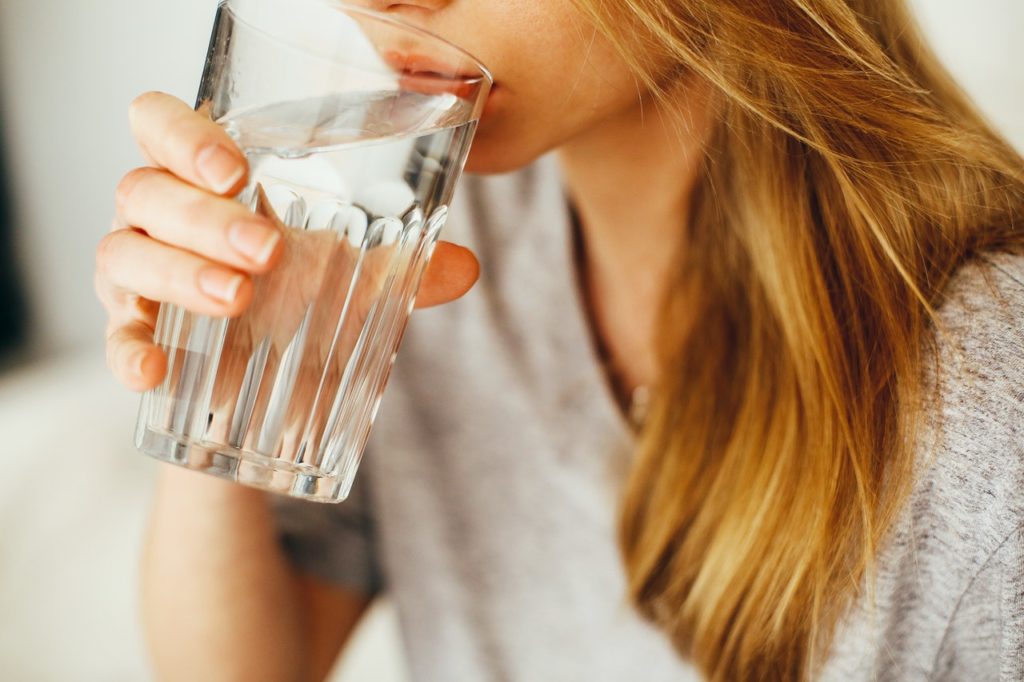It shouldn’t come as a surprise for you to hear that water is a limited resource. It doesn’t feel like it if you live in places where there’s no scarcity of clean and fresh water. You’ve only probably experienced the hardships of water loss during natural disasters and water facility complications. In other areas of the world, though, droughts are happening, and access to clean water is rare. Just because you haven’t been affected by these so far doesn’t mean you never will be.
Conserving water should be a global effort that starts in every home. This means educating you and your family about how you can use your supply responsibly. It might come as a surprise for you to discover that doing so isn’t as difficult as it sounds. Yes, you may find yourself groaning from the effort, but once you’ve incorporated it into your lifestyle, it easily becomes more fulfilling than burdensome.
General Usage at Home
You use water several times a day, which means you have several opportunities to be responsible for your consumption. It’s impossible to come up with every possible means as there are a million differences between each family’s lifestyle. These are some of the most common that you can bear in mind when cooking, cleaning, and doing other mundane chores at home.
Are you an avid pasta-lover? After you’ve removed the cooked pasta, the water that remains in the pot can still be used in various ways. One is to prepare other meals, and the other is to use it for watering plants. Your flowers and snake plants will be thankful for this starch-filled solution that will aid in their growth. How about the water from your boiled vegetables? Make a soup. There are tons of recipes online that your family will appreciate.
People with dogs and cats often find themselves throwing out the remaining water in their pets’ bowls to refresh them. Instead of pouring them down the sink, feed them directly to houseplants or collect them in a bucket for when you go gardening.
Leaking toilet bidet? Refer to your list of reputable plumbers to have it fixed right away. If the pandemic causes delays, use a bucket to catch the dripping. This is clean water that you can use for cleaning and gardening. Apart from saving it, you’re also rescuing your bathroom tiles from disaster. The same applies to any leakage in your toilet that could cause molds and other problems.

Bathroom Usage
Save bathing for stressful days. Choose to shower instead and keep it short. One fun way to time yourself is by creating a shower playlist. Include two to three four-minute songs and aim to finish before the end. Another simple solution that applies to many people is turning the shower head off when shampooing and lathering your body in soap.
A self-care advice that will improve both your hair health and water conservation effort involves less hair washing. That’s right, you can Google it right now, and you’ll find numerous hair experts accusing you of over-washing your hair. This robs it of necessary oils that make it shiny and reduce the friction in the strands. The next time you’re tempted to have a hair-washing session again, you’ll want to schedule it every three to four days for optimum results.
Do you want to go the extra mile in conserving water? Use a bucket to collect the water you used for rinsing and use them to flush the toilet. You can also have a bathroom bowl ready or use wen shaving, or you can plug in the stopper in your sink. The water you rinsed with has better places to go than down the drain.
Outdoor Usage
Gardening and landscaping are all the craze nowadays. With stay-at-home orders still in place in many cities and countries, homeowners entertain themselves by taking care of their plants. If you’re one of them, you should consider planting drought-resistant seeds like Agapanthus, Lavender, and Anchusa Azurea. Try some cactus and succulents, too, because they don’t need to be watered daily.
Remember all the water you saved already? Use a watering can instead of just throwing them on your plants. When you run out, fill it up with water from the hose pipe instead of directly using it. This can be inconvenient in some cases, but you should think about the 1000 liters of water a hosepipe can use in an hour. The difference you make with a watering can certainly pay off.
It All Counts
It won’t always feel like it, but your efforts to conserve water does count. You’ll see it primarily on your water bills when you realize it has gone down. More than just saving money, it shows that you’re responsible for your consumption and accountable to Mother Nature.











